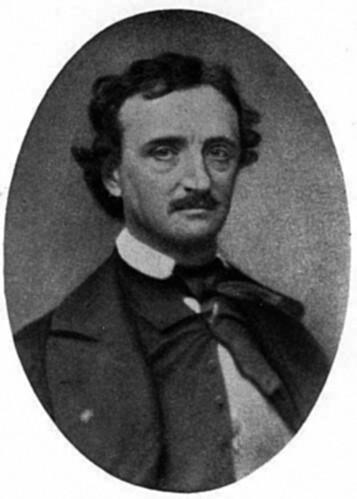Indie authors have to face a few hard truths when they first embark on the road to self-publishing, and the worst one is this: some readers will never read an indie author. In fact, among certain circles you're getting a bad reputation the moment you identify as an indie. You've got a stigma, and you can't deal with it unless you know what it is.
Indie Authors
So, what is an indie author? Lots of writers have used it to mean lots of different things, but at the end of the day an indie author is someone who is not working with a publisher. Authors belonging to micro-presses and indie publishers, however, often still claim the title (and we'll go ahead and let them). But usually, an indie author is someone who has ownership of their own ISBNs and directly reaps the rewards of the sales they earn through Amazon, Smashwords, and so on.
Self-Publishing
Because indie publishing houses and micro-presses are often indie-owned,
some indie authors don't self-publish. However, many do. Self-publishing is exactly that: an author who publishes their own work under their own steam without the help of a publisher or similar professional. Self-publishing as a whole has seen a dramatic increase, and many indie authors are taking advantage. Some have even managed to create big names for themselves in the world of self-publishing, and have gone on to put ink on big-time book deals.
But once you take on one of these labels, or both, you're getting painted with a brush that's not always flattering -- and you're limiting part of your market.
The Stigma
Some people avoid self-published and indie books as a rule, at least
until the authors land more traditional deals and get a wider
distribution. Being an indie author or a self-published author, or both, comes with a stigma. Many, many readers are operating under the impression that indie authors simply aren't "good enough" to go the more traditional literary route, and some readers summarily dismiss any and all books that have been self-published or otherwise produced by an indie. It's a cold reality, but it's the truth.
Why? Lots of people have written lots of articles and blog posts about this very topic, but by and large the biggest complaint from the reading community in relation to indie authors can be summed up in just one word: editing. Many readers believe, not necessarily incorrectly, that a large number of indie authors produce poorly-edited and ill-formatted books.
I, too, had a bit of a rude awakening in the indie book market. The very first indie book I ever read was so well-done, so picture-perfect, so spot-on and fantastic, I figured they must all be like this. I read many, many more indie books before I found another that was as well-edited or well-written.
The Reality
Spend any time reading among the indie community, and you're going to
find plenty of books that make you grimace. I've broken up with my
Kindle more than once already, but I always go back because of one
simple truth: you can find crap just as easily among the
traditionally-published books. Bad editing? Bad grammar? Weird phrasing
and piss-poor plots? Yeah, you can get that anywhere.
There is a stigma among self-published and indie authors, and that's a harsh reality -- but there is balance, too. Indie authors are defined by their independence, but together they come together to form a very wide, very welcoming community. Indie authors know how to find each other, and by and large they tend to stick together to support each other. Visit forums dedicated to self-publishing, and you'll find plenty of encouragement. Indies work together to swap reviews, trade promotions and further each other's efforts. The term indie author, in fact, feels like a bit of a misnomer -- when you self-publish, you're never really alone.
Some readers are going to keep their noses stuck up in the air, but indie bestsellers are just going to keep raining down (threatening to drown them). The traditional book market is changing, and the traditional book publishing market is changing just to keep up with it. The indie community is so wide and so warm, any stigma you get is just a small burden. The freedom of independence more than makes up for the bad reputation. With careful editing, any indie can potentially out-write any traditional author any day .



























